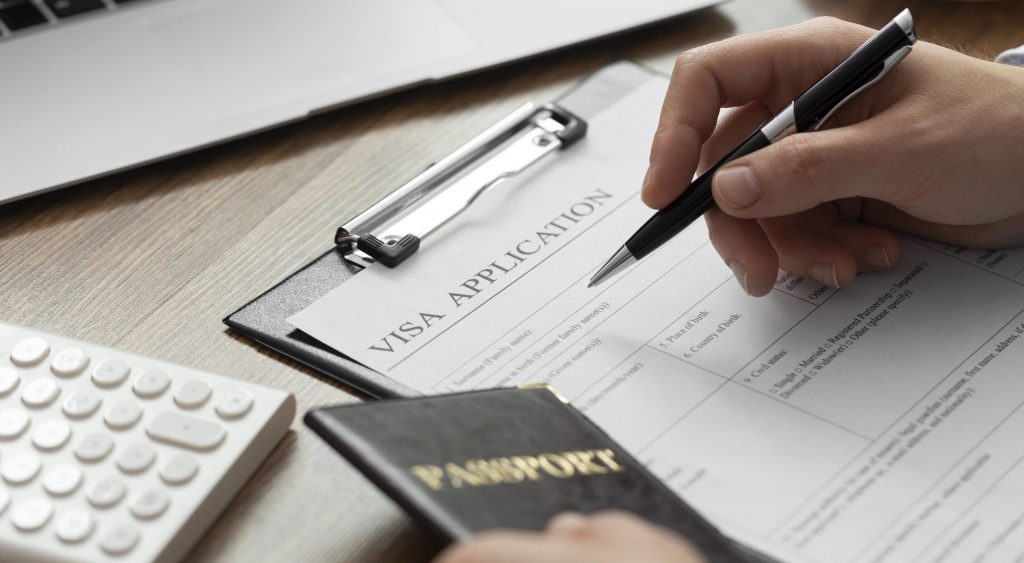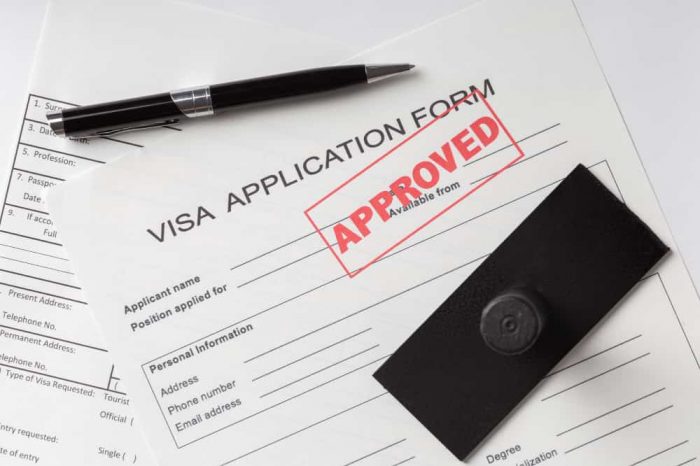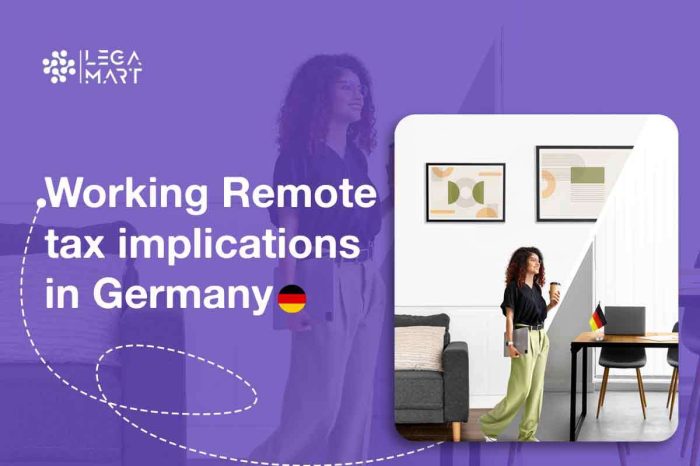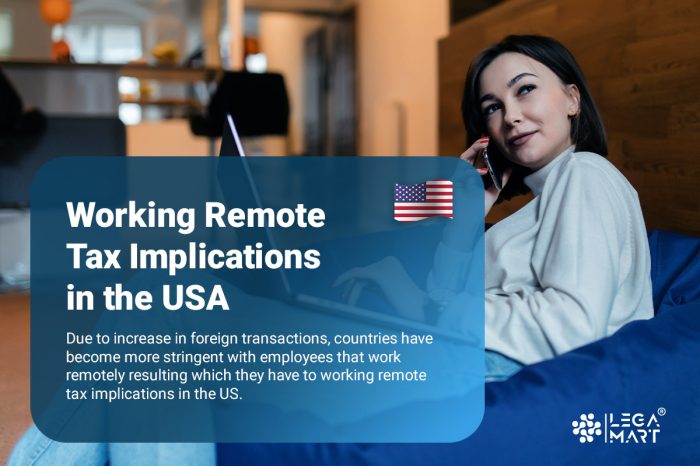Work Permit
Getting a work permit involves complex legal procedures that differ based on the host country. International legal issues may arise if the country where the worker is from identifies any issues arising, such as difficulty proving work history, matching the salary requirement or education requirements that prohibit the granting of the work permit. Multi national companies also face such major legal concerns when mobilizing their employees, expats or consultants, since the requirements for a work permit vary depending on the immigration laws of the host country.
Find best lawyers for Work Permit
Issues related to Work Permit
A work permit is an official document issued by the government that allows a foreign national to work in a specific country, region, or city. The work permit is usually accompanied by a visa, which is required to enter the country. There are two types of visas: working holiday visas and sponsored visas.
A working holiday visa allows citizens of certain countries to travel to and work in another country for up to one year. To be eligible for a working holiday visa, you must be between 18 and 30 and have a valid passport from your home country. You can apply for a working holiday visa online through the embassy or consulate of the country you wish to visit.

Latest Articles
Tell us more about your problem.
Please give a brief description about what it is you need to talk to our lawyers about ?
Frequently Asked Questions
How can online legal platforms assist immigrants in obtaining a work permit in a new country?
Online legal platforms can assist immigrants in obtaining a work permit in a new country by providing a range of services and resources, including:
Informational resources: Platforms can provide information on the various types of work permits available, including their eligibility criteria, required documentation, and application process.
Eligibility assessment tools: Online legal platforms can provide eligibility assessment tools that help potential immigrants understand which work permit programs they may be eligible for based on their qualifications and work history.
Document preparation assistance: Platforms can offer document checklists and templates to simplify the process of gathering and submitting required documentation.
Application form assistance: Platforms can offer guidance and support with completing the application form and ensure that it is filled out correctly.
Immigration advice: Platforms can provide immigration advice to help applicants navigate the complexities of the work permit application process and ensure compliance with local laws and regulations.
By offering these services and resources, online legal platforms can help ease the stress and uncertainty associated with applying for a work permit in a new country. Additionally, they can provide support throughout the entire application process to ensure a successful outcome.
What are the legal requirements and criteria for obtaining a work permit, and how can online legal platforms provide guidance on meeting these requirements?
The specific legal requirements and criteria for obtaining a work permit vary from country to country and program to program. However, some common requirements and criteria include:
Job offer: An applicant typically needs a job offer from an employer in the new country.
Qualifications: Applicants must meet the qualifications required by the job or program they are applying for.
Health and character requirements: Applicants must provide evidence of good health and character.
Language proficiency: Some programs require applicants to demonstrate proficiency in the language of the new country.
Online legal platforms can provide guidance on meeting these requirements by offering a range of resources such as:
Informational articles and guides about the work permit application process, including eligibility criteria and application requirements.
Eligibility assessment tools that help potential applicants understand which work permit programs they may be eligible for based on their qualifications and work history.
Document checklists and templates that simplify the process of gathering and submitting required documentation.
Immigration advice to help applicants navigate the complexities of the work permit application process and ensure compliance with local laws and regulations.
By providing these resources, online legal platforms can help potential immigrants understand the legal requirements and criteria for obtaining a work permit in a new country, increase their chances of success, and reduce stress and uncertainty throughout the application process.
What are some common work permit issues, and how can online legal platforms help resolve them?
Some common work permit issues that immigrants may encounter include:
Difficulty gathering required documents: The process of collecting and submitting all necessary documents for a work permit application can be challenging and time-consuming.
Language barriers: Applicants may face language barriers when communicating with government authorities, which can make the work permit application process more difficult.
Meeting eligibility requirements: Some countries require applicants to meet certain eligibility criteria before being eligible to apply for a work permit.
Processing delays: Work permit applications may take longer to process than anticipated, leading to job loss or other difficulties.
Online legal platforms can help resolve these issues by providing a range of resources and services such as:
Document preparation assistance: Platforms can offer document checklists and templates that simplify the process of gathering and submitting required documentation.
Translation services: Platforms can offer translation services to assist applicants in communicating with government authorities.
Eligibility assessment tools: Online legal platforms can provide eligibility assessment tools that help potential immigrants understand which work permit programs they may be eligible for based on their qualifications and work history.
Application form assistance: Platforms can offer guidance and support with completing the application form and ensure that it is filled out correctly.
Immigration advice: Platforms can provide immigration advice to help applicants navigate the complexities of the work permit application process and ensure compliance with local laws and regulations.
By offering these resources and services, online legal platforms can help mitigate some of the common issues associated with obtaining a work permit and increase the chances of success for the applicant. Additionally, they can offer support throughout the entire process to ensure a successful outcome.
What are the requirements for obtaining a work permit in the UK or China?
The requirements for obtaining a work permit in the UK or China vary depending on the specific program being applied for, but some general requirements are as follows:
In the UK:
Job offer: Applicants must have a job offer from an employer in the UK.
English language proficiency: Applicants must demonstrate English language proficiency at a certain level, which may vary depending on the job and the program applied for.
Qualifications: The applicant must meet the qualifications required by the job or the program they are applying for.
Sponsorship: Employers in the UK must be registered with the UK government to sponsor immigrant workers.
Salary: The job offered must meet a minimum salary threshold, which varies depending on the job and program.
In China:
Job offer: Applicants must be offered a job by an employer in China.
Health requirements: Applicants must provide evidence of good health, including undergoing a medical examination.
Qualifications: The applicant must meet the qualifications required by the job or program they are applying for.
Work experience: Applicants should have relevant work experience.
Age: Applicants should be between the ages of 18 and 55.
The specific requirements for obtaining a work permit in the UK or China may depend on various factors, including the type of program being applied for and the complexity of the applicant’s case. Online legal platforms can provide guidance and assistance throughout the work permit application process, helping to ensure compliance with legal requirements and regulations, and minimizing delays.
What types of work permits are available for international entrepreneurs and businessmen in the UK or China?
There are various types of work permits available for international entrepreneurs and businessmen in the UK or China. Some common ones are:
In the UK:
Tier 1 (Entrepreneur) Visa: This visa is for individuals who want to set up, run or take over a business in the UK.
Tier 1 (Investor) Visa: This visa is for individuals who want to invest a minimum amount of £2 million in the UK.
Tier 2 (General) Visa: This visa is for skilled workers who have been offered a job by a UK employer.
Start-up Visa: This visa is for individuals who want to start a new business in the UK, but do not yet qualify for a Tier 1 (Entrepreneur) Visa.
In China:
Work Permit (Category A): This work permit is for high-level foreign professionals with a track record of excellence.
Work Permit (Category B): This work permit is for foreign professionals in technology, engineering, and other fields that are in demand in China.
Entrepreneur Visa: This visa is for individuals who want to start a business in China.
Investment Visa: This visa is for individuals who want to invest in China.
The specific type of work permit available to international entrepreneurs and businessmen in the UK or China may depend on various factors, including the nature of their business, their qualifications, and other relevant factors. Online legal platforms can provide guidance and assistance with determining which work permit program may be best suited for an individual’s particular situation, as well as provide resources, advice, and support throughout the work permit application process.
What are the limitations and benefits of holding a work permit in the UK or China?
The limitations and benefits of holding a work permit in the UK or China depend on the specific program and type of work permit held. However, some common limitations and benefits are as follows:
In the UK:
Limitations:
Limited duration: Work permits are usually granted for fixed periods of time and must be renewed periodically.
Sponsorship restrictions: Employers who sponsor immigrant workers must comply with strict regulations regarding recruitment and employment practices.
Restrictions on switching jobs: Some work permit programs may restrict an individual’s ability to switch jobs while in the UK.
Benefits:
Professional opportunities: Work permits provide professional opportunities and access to a wider range of job opportunities in the UK.
Access to healthcare and educational facilities: Work permit holders can access healthcare services provided by the National Health Service (NHS) and educational facilities available to UK residents.
Right to bring dependents: Some work permit programs allow the holder to bring their spouse and children to live with them in the UK.
Travel opportunities: Work permit holders can travel freely within the European Union and may also have visa-free access to other countries.
In China:
Limitations:
Limited duration: Work permits are usually granted for fixed periods of time and must be renewed periodically.
Restricted occupations: Some work permit programs may restrict the types of occupations that foreign workers can hold.
Restrictions on switching jobs: Some work permit programs may restrict an individual’s ability to switch jobs while in China.
Benefits:
Professional opportunities: Work permits provide professional opportunities and access to a wider range of job opportunities in China.
Access to healthcare and educational facilities: Work permit holders can access healthcare services and educational facilities available to Chinese citizens.
Right to bring dependents: Some work permit programs allow the holder to bring their spouse and children to live with them in China.
Cultural experience: Working in China provides an opportunity to experience a new culture and way of life.
Overall, holding a work permit in the UK or China provides numerous benefits, including access to professional opportunities, healthcare, educational facilities, and travel opportunities. However, work permit holders may also face limitations associated with the duration of their permit or restrictions on their ability to switch jobs while in the country. Online legal platforms can offer guidance on specific limitations and benefits associated with individual work permit programs, as well as provide resources, advice, and support throughout the application and renewal process.












